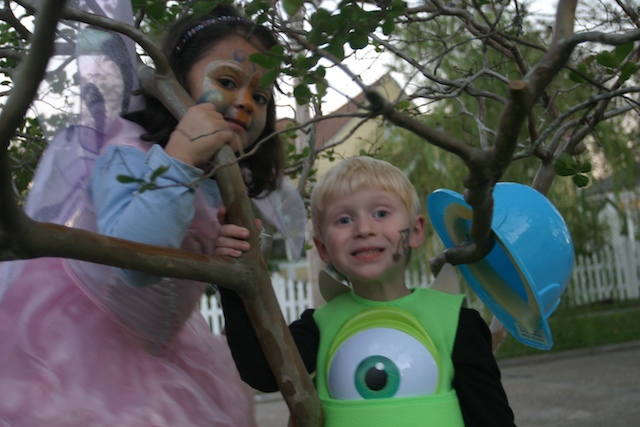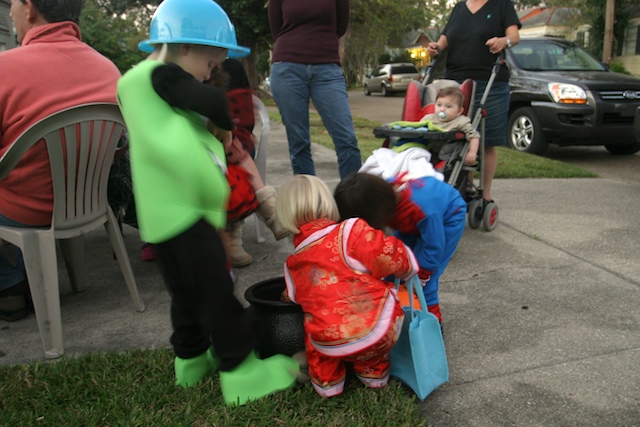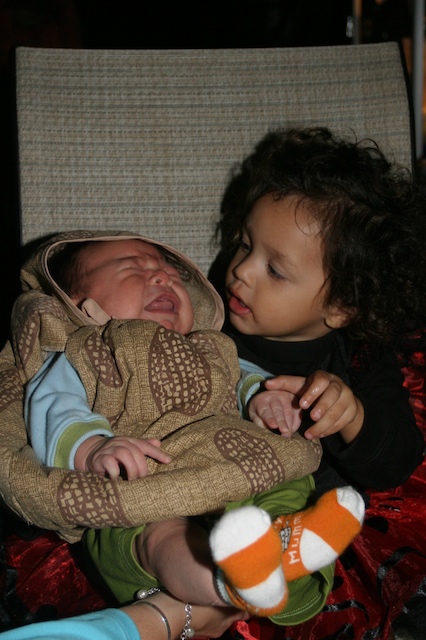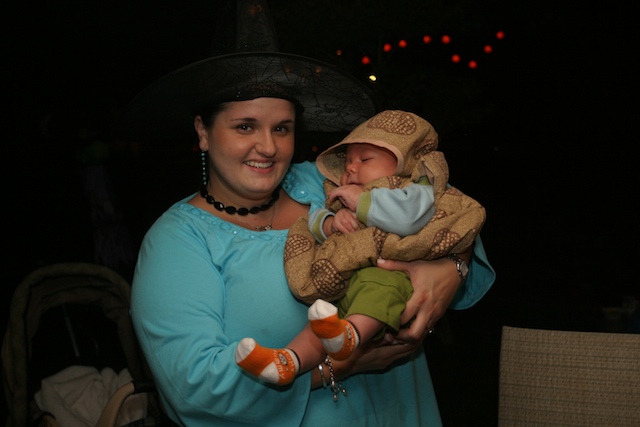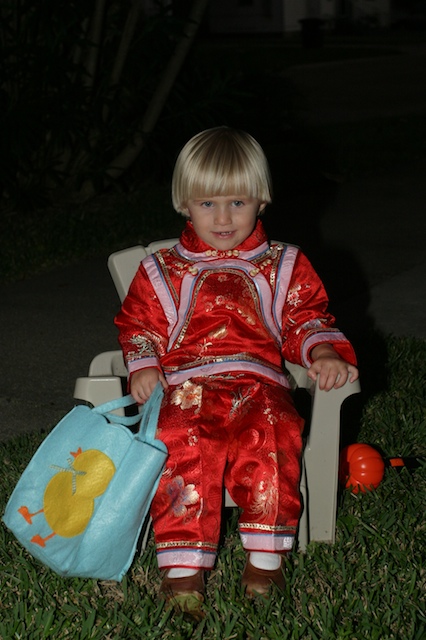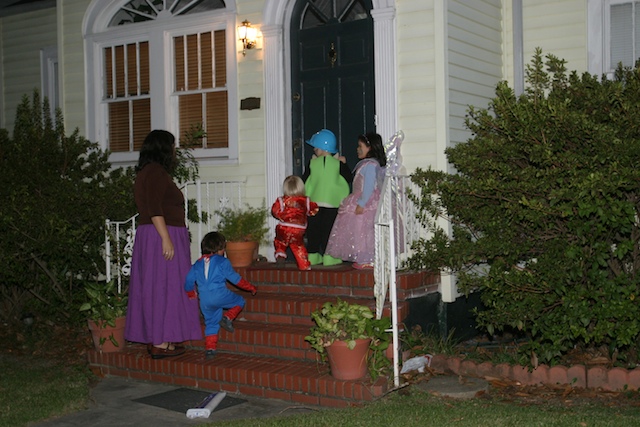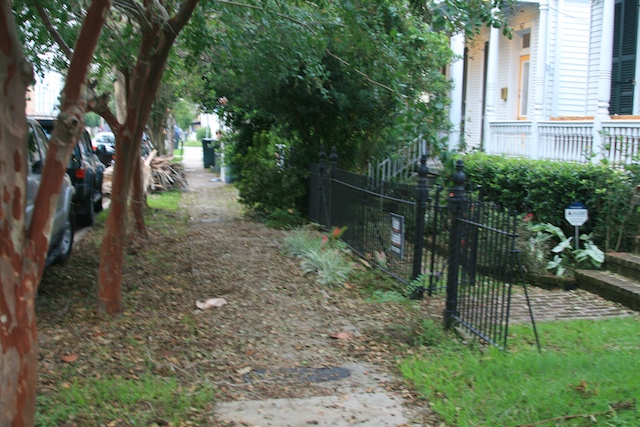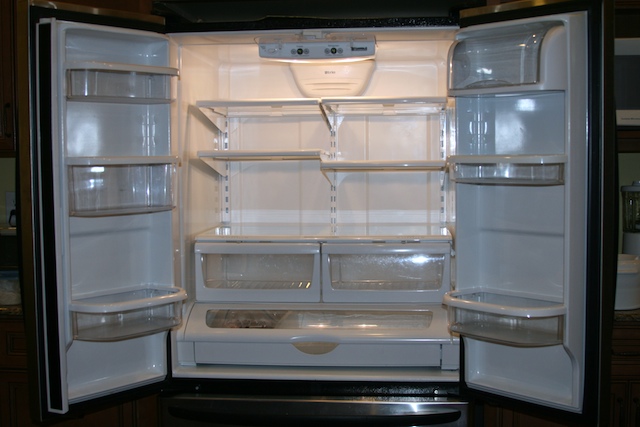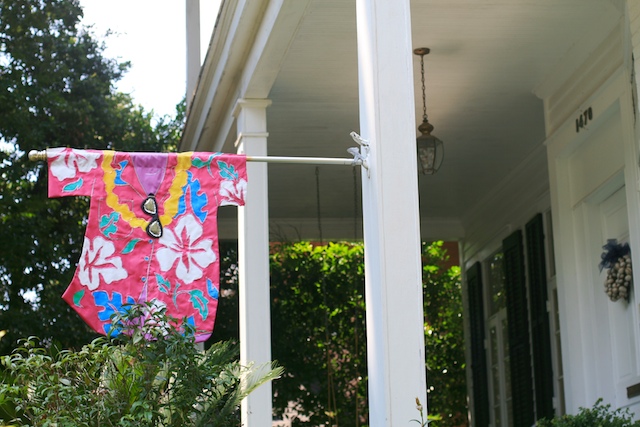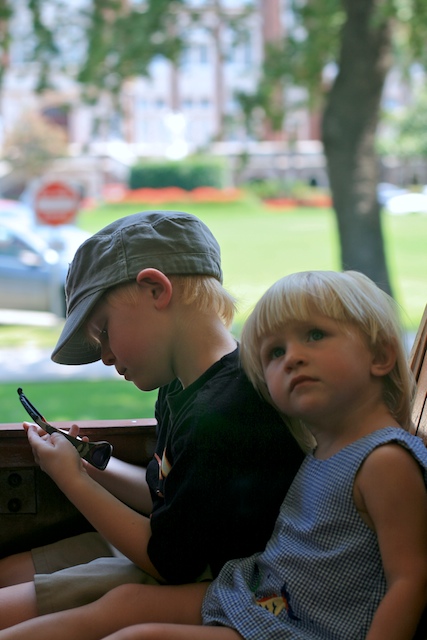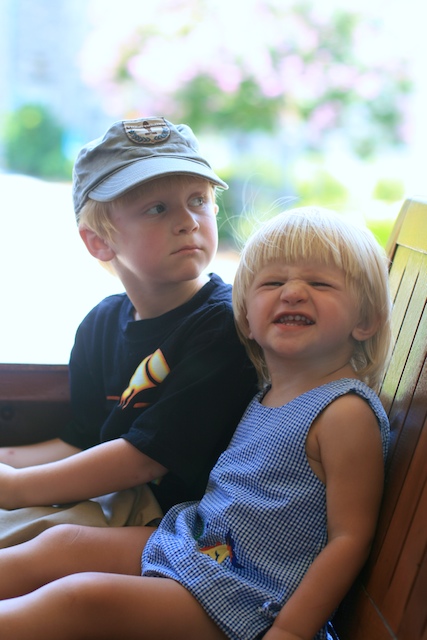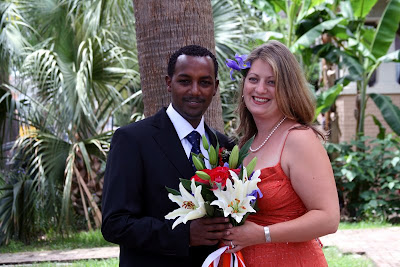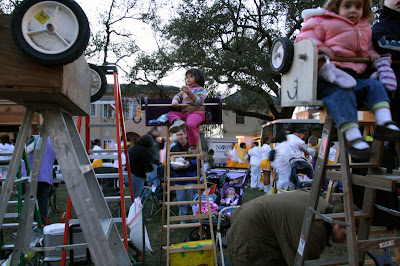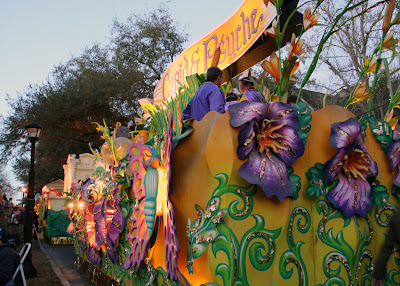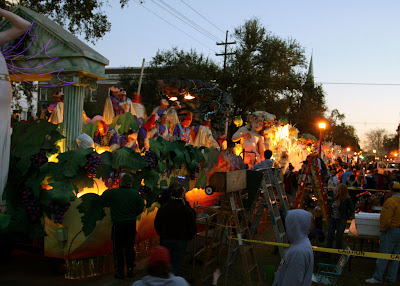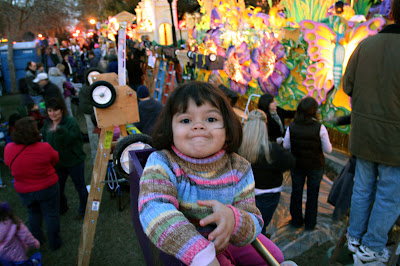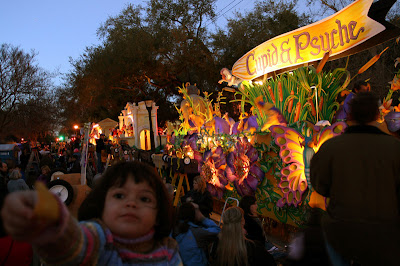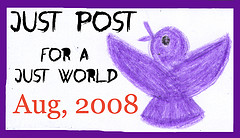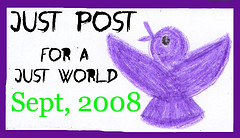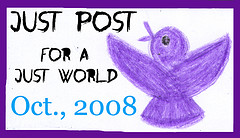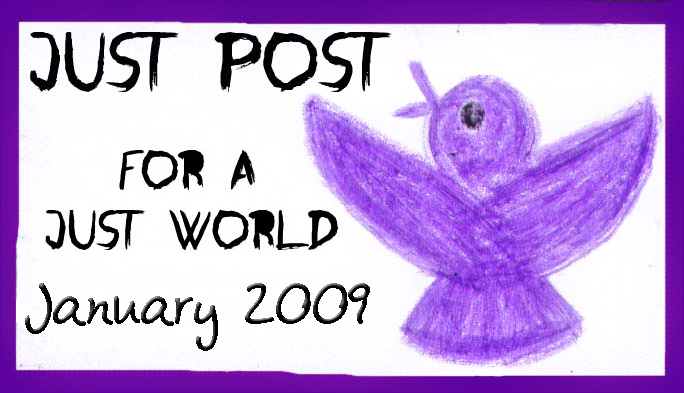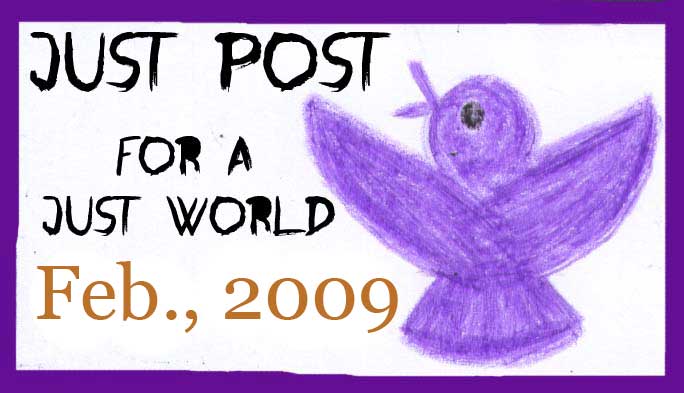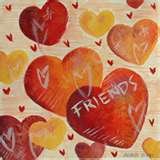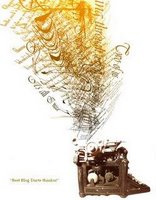Three years plus 2 days ago, I rushed to New Orleans in the dawn of a Saturday morning in my parents truck. Paul and I loaded it up with our precious things: paintings and figurines made by our grandmothers, our wedding album, photographs taken out of their frames and packed in envelopes, the paint-your-own plate Will had pressed with his then 18-month old hand. At the time, our preparations were seen as extreme; neighbors strolled over to joke and insist on a drink. But I had a bad feeling. We returned to New Orleans almost 3 months later and our lives were forever changed.
The things I packed yesterday, on the 3-year memorial of the day Katrina came to New Orleans, were much the same as they were three years ago. I took the same things from my house, with a little variation. One less cat. One additional child. Same paintings, same figurines, same family photos wedding album. We took care to back-up our photos, movies, and important papers. I carefully covered all the paintings we couldn’t take in plastic bags and stored them in closets, took down pictures off the walls, placed vases and boxes inside drawers. Paul secured the outside. He had to use leftover pieces of wood from our renovations to cover our front door because the piece he’d used during Katrina is now the base of the Mardi Gras float we made for the Krewe of Abeona parade earlier this year.  That is the spirit of New Orleans: live life to the fullest and enjoy each moment, because you don’t know if you’ll be around for the next party.
For all the loss of innocence, disappointment, frustration, sorrow, and tragedy we felt from Katrina, we gained something, too. Katrina kept us in New Orleans. It taught us what it means to love a place, a space, and a community. It taught us that a group of people with purpose can change each other’s lives and create a better place right in our own backyards. It taught me, as a health professional who is trained to work in other communities, what it is like to be that ‘other community’. The destruction of our city highlighted new needs and compelled us to stay and live our lives in this wounded, wonderful place.
What we learn from this coming storm? Will it miss New Orleans completely, creating an enormous ‘cry wolf’ mentality at future threats? Will it approach the city and challenge a whole different set of weaknesses not identified during Katrina? Is history doomed to repeat, or just re-teach the lesson that no amount of planning can fix the vulnerabilities of poverty?
Mostly, I am anxious over the city’s newest population, those whose fears of leaving are much greater than the fears of staying.
As a child, I loved the stories of the old Testament. There was something epic about the stories of escape, whole populations migrating to live better lives. Such bravery in the face of threatening enemies and gaping uncertainty struck me as heroic. Perhaps this is a reason why I am now drawn to work with people who brave the same challenges, those who risk death and uncertainty in ways I cannot personally imagine, in order to make a better life. Being poor in the United States means a hard life, but being poor in a poor country means that each day is life or death. A hard life is a better option for many, one that they will gladly take on even if it means living in fear of deportation, separation, and bigotry. Evacuating a city under threat of a storm is a terrifying option to a family who lives under the radar. What is worse? A coming storm, or a uniformed official who may stop them for questions?
I feel guilty for being out of harm’s way with my family. These are situations where I can be helpful: collecting research data, offering broken translation, mobilizing and organizing. I worry that the families who are staying and are at risk are the same ones I’ve been working with for three years. If that is the case, isn’t there something more I can do?
Three years ago, we were filled with uncertainty about our homes and community. But I know now that I can make these anywhere, and that they will always be there for us in New Orleans. Today, I worry for the people and things that the disaster committees and planners looked over. I worry for the lessons that we didn’t learn from last time, when we showed the world what happens when it forgets about the realities of vulnerability, poverty, and race.
My head and heart are mixed and fearful. I don’t know what to do and am not sure if there is anything I can do. But wait. And hope.
